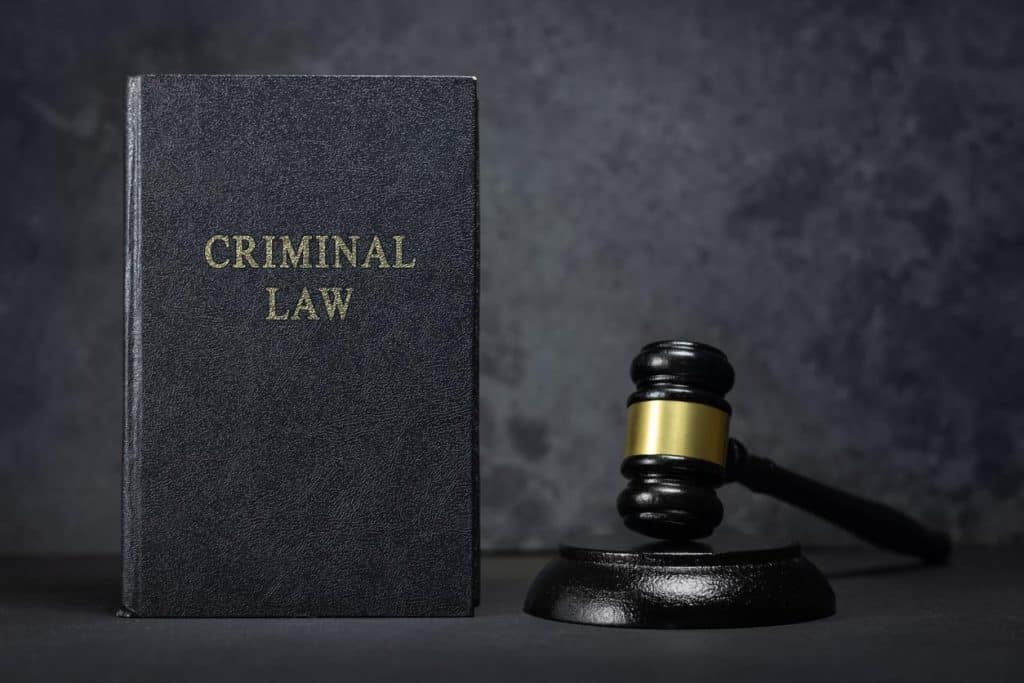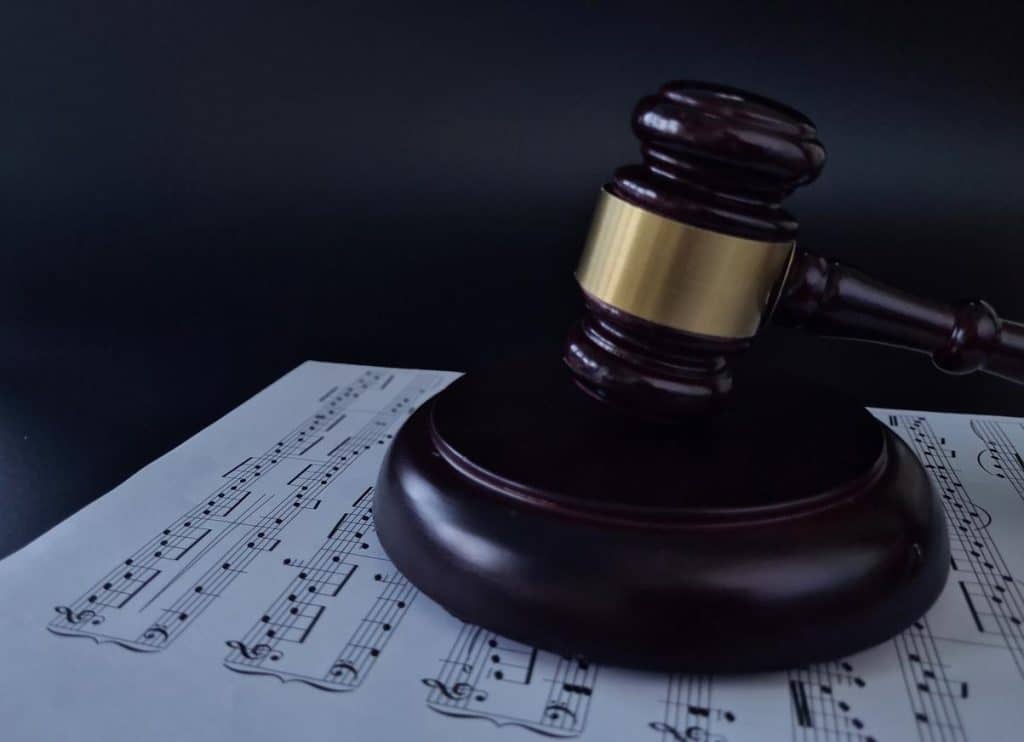Parties can sometimes take unexpected turns, leaving individuals facing potential legal troubles. Criminal defense attorneys in California provide essential support when legal issues arise from social gatherings that spiral out of control. They assist clients by examining the specifics of the incident and ensuring their rights are protected during legal proceedings.
When a party gets chaotic, misunderstandings or disputes can lead to unwanted legal consequences. Lawyers in areas like Santa Ana offer crucial guidance, helping individuals handle the judicial system effectively. To find out how legal representation can assist in such situations, click here.
Moreover, these attorneys bring a wealth of practical knowledge and negotiation skills to each case. Their role is to assess evidence, challenge the prosecution’s case, and secure the best possible outcome for their clients, whether through plea deals or court trials.
Understanding the California Criminal Defense Process
The criminal defense process in California involves specific steps to protect the rights of the accused. This includes actions immediately following an arrest, securing legal representation, dealing with pre-trial matters, and considering different defense approaches or plea arrangements.
Initial Steps Following an Arrest
When an individual is arrested, they often face a sequence of legal proceedings that begin with the arrest itself. The first major event is often an arraignment, where they are formally charged and advised of their rights. During this phase, the accused may request a bail hearing to seek temporary release until the trial.
A key factor is the handling of the evidence and charges presented by the prosecution. Defendants have the right to see the evidence against them, which includes police reports and witness statements. This helps the defense to start crafting a strategy to challenge the prosecution’s claims and test the burden of proof required to convict.
The Importance of Legal Representation
Securing an experienced criminal defense attorney is crucial. These professionals provide guidance through the intricacies of the legal system, ensuring that the rights of the defendant are upheld. Attorney-client privilege guarantees confidential communication, which is vital for honest dialogue and strategy formation.
An attorney’s ability to scrutinize the evidence and question the applicability of the charges can often shift the scenario in favor of the defense. Additionally, they can advise whether it is in the defendant’s best interest to negotiate a plea deal or proceed to trial. Legal counsel is the defender’s ally, safeguarding against procedural errors and potential violations of rights.
Handling Pre-Trial Procedures
The pre-trial stage involves several procedural steps, such as filing motions and preparing for the trial itself. A preliminary hearing is conducted to decide whether there is sufficient evidence to warrant a trial. The defense can challenge the prosecution’s case by disputing the legality of the evidence collected.
This phase is critical in setting the tone for the trial itself. Defense attorneys may file motions to suppress evidence or request dismissals based on procedural mishaps. During this time, both sides engage in strategic maneuvering, aiming to either resolve the case before trial or strengthen their positions for a favorable outcome.
Potential Defense Strategies and Plea Deals
When creating defense strategies, attorneys often focus on establishing reasonable doubt regarding the prosecution’s claims. Common strategies include questioning the reliability of witness testimonies or proving legal defenses such as self-defense or lack of intent. Each case demands a tailored approach based on the specific charges and evidence.
At this stage, pursuing a plea deal could be considered, where the accused agrees to plead guilty to lesser charges in exchange for a more lenient sentence. This decision is often influenced by the strength of the evidence, the seriousness of the charges, and the defendant’s personal circumstances. Ultimately, it’s a strategic choice that involves weighing risks and potential benefits within the context of the broader criminal justice system.
Key Legal Concepts and Defenses in California
Understanding key legal principles and defenses can significantly impact the outcome of criminal cases in California. From common defense strategies to motions and protecting defendants’ rights, each aspect offers critical support for those handling the legal system.
Exploring Common Defenses
Legal defenses in California are varied and can significantly affect criminal proceedings. Common defenses include accidents, where actions were unintentional, and alibis, which provide evidence of being elsewhere when a crime occurred. Self-defense is applicable when defending oneself against harm, often validated by witnesses or forensic evidence.
For charges like DUI, intoxication might reduce the severity. Entrapment applies if individuals were induced by law enforcement to commit offenses they wouldn’t otherwise commit. Psychological aspects, such as an insanity plea or mental health diversion programs, may apply when mental conditions affect judgment.
Procedural Defenses: Motions and Appeals
Procedural defenses address legal technicalities that can dismiss or alter charges. A motion to suppress can exclude unlawfully obtained evidence, while a Romero motion might remove prior conviction strikes under California’s three-strikes law.
Serna motions address delays in prosecution, while applications under PC 17(b) can reduce felony charges to misdemeanors, influencing potential penalties. Legal professionals also challenge legal grounds through appeals, ensuring due process and rights are upheld. These motions and the act of challenging the evidence are vital for defending accused individuals.
Understanding Charges and Sentencing
Criminal charges in California range in severity and implications. Misdemeanors involve shorter jail terms compared to felonies, carrying harsher sentences. Often, charges depend on probable cause, evidence suggesting a reasonable basis for believing a crime occurred.
The law also provides for double jeopardy protections, preventing being tried twice for the same offense. Certain crimes might fall outside the actionable period under the statute of limitations. Sentencing might be influenced by motions like Romero, potentially reducing severe penalties or altering previous strike convictions to lessen sentence impact.
Rights and Protections for Defendants
Defendants in California possess robust protections. The right to legal representation and due process ensure fair treatment. Protective orders might be involved to protect those affected by crimes. Access to forensic experts aids in fair trials, especially in cases with disputed evidence.
Understanding the legal options available, such as plea deals or trials, helps defendants make informed decisions. Procedural guarantees like notice of charges and evidence review are also essential rights. These protections ensure defendants receive impartial treatment, enabling fair outcomes in the judicial process.



















